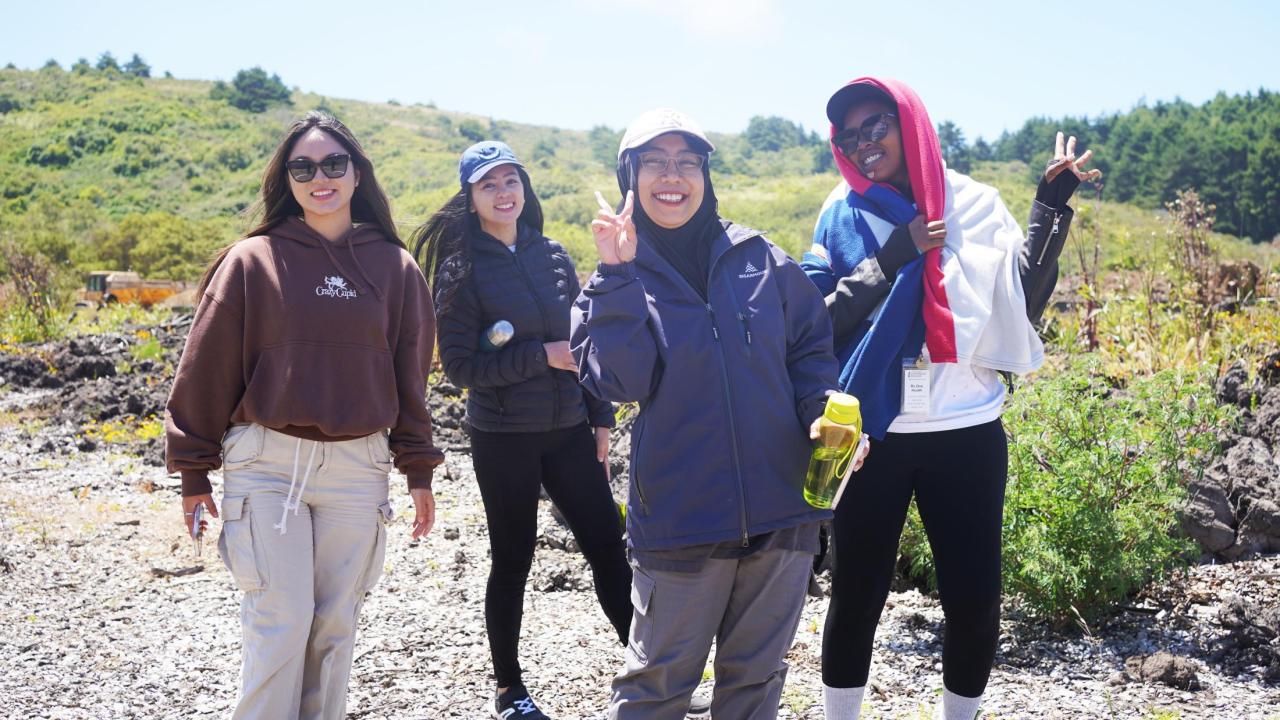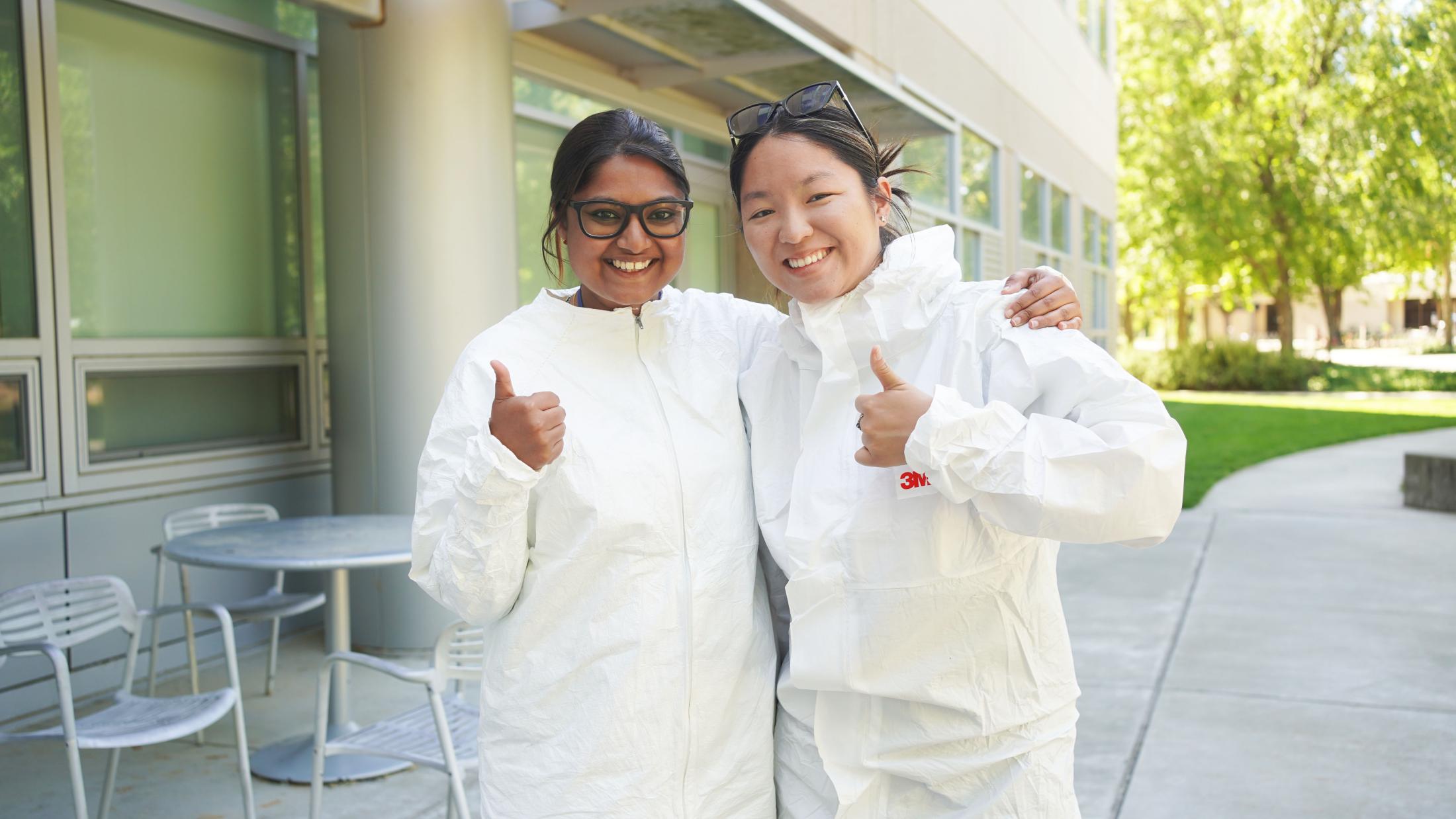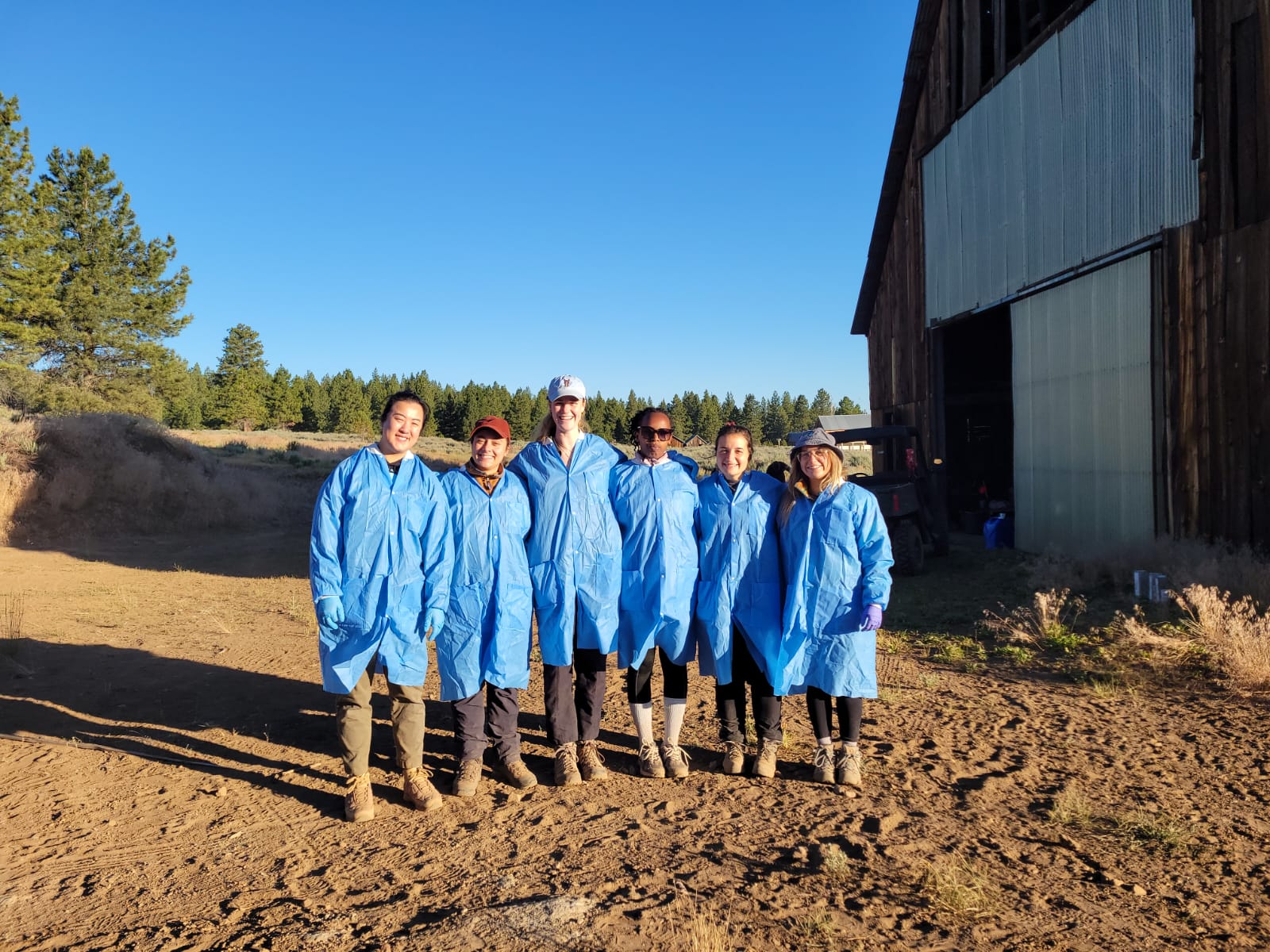
Global Collaboration in Action: The Rx One Health Field Institute's Journey through California
The Rx One Health Field Institute is a groundbreaking experiential learning program that brings together One Health professionals from around the globe. The 2024 cohort included participants from 14 countries (and five continents), representing a broad spectrum of disciplines such as veterinary medicine, nutrition, public health, wildlife conservation, and laboratory sciences. The program provided a unique platform for these professionals to collaborate, exchange knowledge, and develop interdisciplinary solutions to complex health challenges. By integrating various fields, the Rx One Health Field Institute fosters a holistic approach to health that recognizes the interconnectedness of human, animal, and environmental well-being.
The Journey Begins: Exploring the California Coast
The first half of the Rx One Health Field Institute took the diverse cohort on an enlightening journey along the California coast. They began with foundational principles of One Health and zoonotic disease surveillance, guided by OHI's Dr. Woutrina Smith. The participants delved into the social determinants of health and explored the impacts of climate change on human health with Dr. Michael Wilkes from UC Davis Medical School. The discussions on climate change continued with engaging group activities led by Dr. Miles Daniels from UC Santa Cruz and an overview of wildlife and ecosystem health from OHI alum and UCSC veterinarian Dr. Megan Moriarty.

One of the standout topics from the week was Community Engagement, where participants focused on risk communication and effective communication strategies with Dr. Wilkes and Dr. Kirsten Gilardi, executive director of Gorilla Doctors.
The week concluded with visits to UCSC's Institute of Marine Studies, Fifth Crow Farm, a Coho Salmon habitat restoration effort, and the Marine Wildlife Veterinary Care and Research Center, offering the cohort hands-on exposure to real-world applications of One Health principles.
Deepening Interdisciplinary Collaboration in Mountainous Ecosystems
For their second week of learning, participants started out in Davis, California before journeying to a secluded area nestled in the mountains of northern California to delve deeper into interdisciplinary collaboration and problem solving. Building on their foundational knowledge, they explored innovative approaches to address complex challenges in mountainous ecosystems.

Participants began with a hands-on lab activity at the UC Davis One Health Institute, followed by an introduction to disaster preparedness and response from the Oiled Wildlife Care Network and the California Veterinary Emergency Team. They also received critical lessons in biosecurity and the proper use of personal protective equipment (PPE). The final stop in Davis featured an enlightening presentation by Corky Quirk on the bats of Yolo County, culminating in an evening bat walk along the Yolo Bypass Wildlife Area.
On Tuesday, July 2, the group arrived in Clover Valley and set up camp in the forest, a first-time experience for half the group! Here, they delved into deeper One Health topics, starting with an overview of wildlife disease surveillance by Drs. Brian Bird and Rebecca Radisic. The program continued with an inspiring plant walk led by Plumas Corp’s Terri Rust, and small mammal surveillance activities. The group took a break to celebrate the 4th of July, visiting Lake Davis for some friendly team competition for a lawn sports “Olympics”, complete with greased watermelon relay. This immersive field experience provided participants with a deeper understanding of interdisciplinary approaches to health challenges in natural settings.
The final capstone project at Clover Valley, challenged participants to practice new skills on teams, working through a custom designed table top exercise focused on climate change and a vector borne disease outbreak. Designed to prioritize teamwork and problem solving, the capstone incorporated Incident Command System (ICS) principles, wildlife conservation, and principles for designing effective zoonotic disease surveillance strategies for emerging health threats.

Strengthening Global Collaborations
Participants engaged in hands-on learning experiences, team building exercises, fieldwork, and collaborative projects intentionally designed to enhance their skills and broaden their perspectives. The program's diverse cohort ensured a rich exchange of ideas and practices, ultimately contributing to the advancement of a platform that will help expand the awareness and potential of the One Health approach. As these professionals worked together, they not only expanded their expertise and developed lasting friendships, but also built a network of individuals dedicated to improving health outcomes worldwide.
